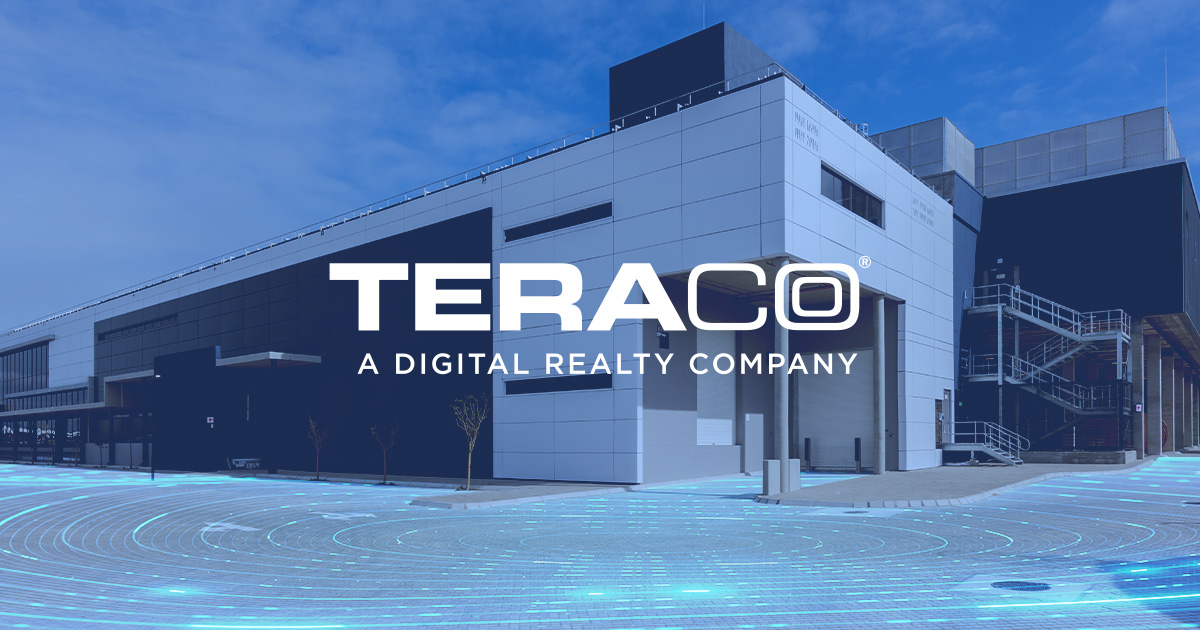Teraco, a digital realty company and Africa’s largest interconnection hub and vendor-neutral data centre provider has announced a groundbreaking project to build a 120MW utility-scale solar photovoltaic (PV) energy facility in the Free State province of South Africa.
The project will enable Teraco to power its data centres across the country with clean and reliable energy, reducing its carbon footprint and enhancing its sustainability.
The project is made possible by securing the first grid capacity allocation from Eskom, the state-owned electricity utility, which allows Teraco to connect its planned 120MW solar facility to the national electrical grid. The power generated will be wheeled across Eskom and municipal power networks to Teraco’s facilities in Johannesburg, Cape Town, and Durban.
Read also: Teraco unveils plans for 30MW expansion in SA
“This allocation is a significant step towards meeting our renewable energy ambitions and those of our clients. It is also only the first phase of our longer-term renewable energy commitment. We have been on a long journey over the last few years to obtain these approvals, and our aim now is to execute quickly on the opportunity,” says Jan Hnizdo, CEO at Teraco.
Addressing energy challenges and powering digital transformation
The project comes at a time when South Africa is facing various energy challenges, such as load shedding, rising tariffs, and environmental concerns. By investing in renewable energy, Teraco aims to meet its near-term renewable energy goals while adding additional power capacity to a generation-constrained grid. This will also reduce its dependence on fossil fuels and lower its operating costs.
“This will be a unique approach in Africa since Teraco will not only own its data centre facilities but also a significant renewable energy source with which to power them, creating a sustainable energy path to support growth. This initiative aligns with Teraco’s long-term vision of powering digital transformation across Africa. South Africa’s solar resource is a source of competitive advantage for data centres relative to other locations,” Hnizdo adds.
Teraco is the leading provider of highly resilient, vendor-neutral data environments in sub-Saharan Africa, offering customers access to a network-dense ecosystem of over 300 cloud, content, and network providers. Teraco is majority-owned by Digital Realty, a global leader in data centre solutions, with a continuing interest maintained by a consortium of private equity investors.
Achieving 100% clean energy goal and partnering with JUWI and Subsolar
When fully operational, the 120MW solar PV plant is expected to produce more than 338 000MWh annually, enough to power over 100,000 households. “This PV project represents a massive component of our plan to achieve our 100% clean energy goal,” says Bryce Allan, Head of Sustainability at Teraco. “In addition to this project, over the past two years, Teraco has deployed approximately 6MW of roof-top solar integrated into its facilities, and this is to be increased to 10MW as new facilities become operational.” As part of construction design, Teraco facilities are built to maximise their solar yield potential.
Teraco has partnered with JUWI Renewable Energies South Africa and Subsolar to develop the 120MW solar PV plant, with JUWI appointed to design and manage the procurement, construction, and commissioning. In a first for Teraco, a green loan has been raised to finance the building of the plant. Choosing the right partners has been crucial to delivering on Teraco’s renewable energy strategy and vision.
Wheeling renewable energy across electrical grids
Wheeling renewable energy across electrical grids is a novel concept that enables power to be moved from a renewable energy producer in outlying areas via existing transmission and distribution systems to end-users located in urban areas. It also enables the deployment of renewable energy projects to areas with high energy yield to maximise renewable energy generation potential.
Teraco’s project is expected to be a catalyst for more renewable energy projects in South Africa and the continent, as well as a model for other data centre operators to follow. By harnessing the power of the sun, Teraco is demonstrating its commitment to a greener and more resilient future for Africa’s digital economy.

